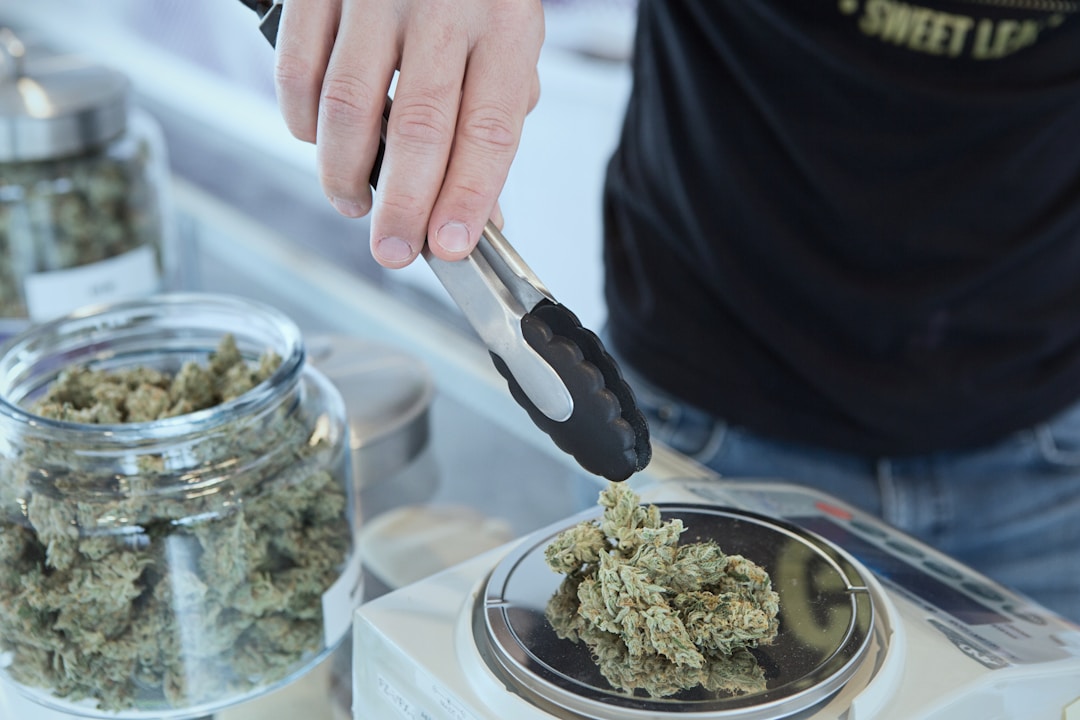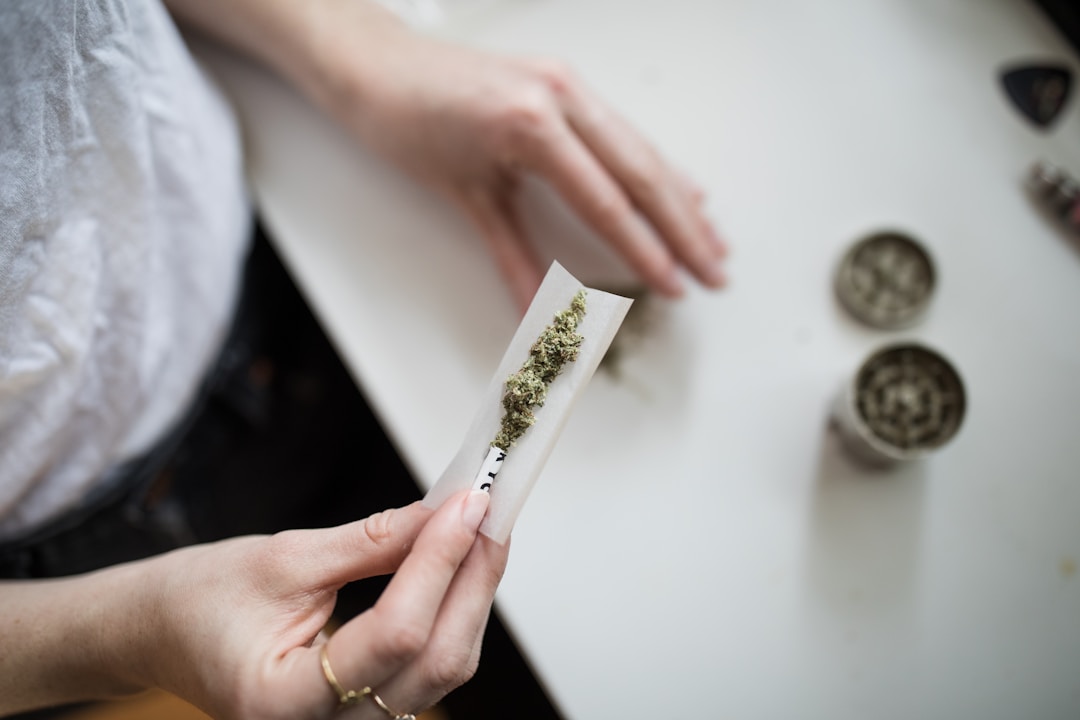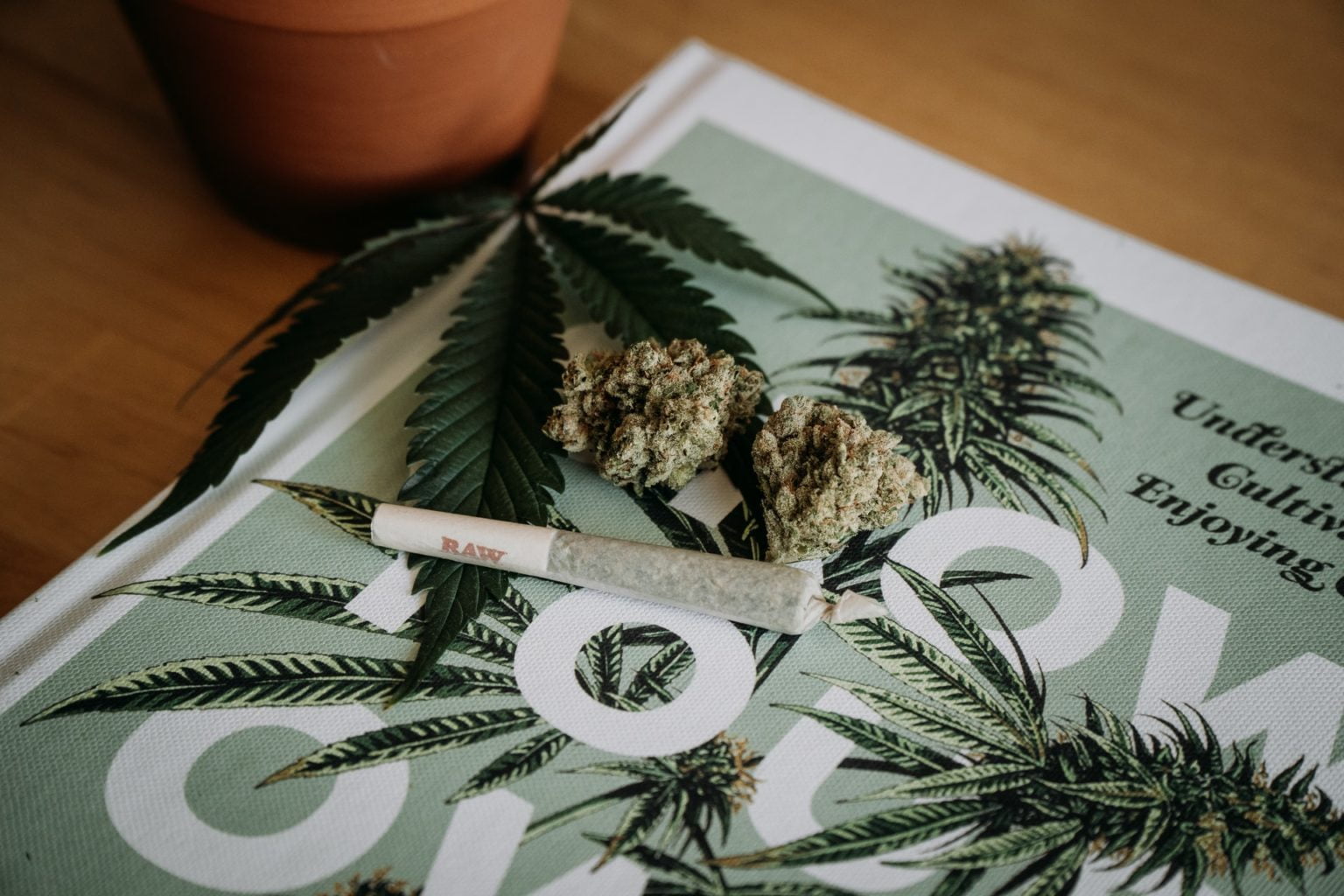If you’re a fan of cannabidiol (CBD) and other cannabinoids, you’ve most likely heard about another product that has been sweeping the industry: Delta-8 tetrahydrocannabinol (THC). That being said, people unfamiliar with this hemp extract may wonder what it is and how it differs from the THC that may or may not be currently legal in their state. Have you seen Delta 8 online but need some more information to understand what it is before you purchase it? If so, we’re going to dive deeper into the differences and similarities between delta 8 and delta 9 below!
What is the difference between Delta 8 and Delta 9?

Delta 8 and Delta 9 are very similar in nature, which means that the key differences can easily be boiled down by better understanding what delta 8 is. Delta 8 is an analog of Delta-9 THC (a chemical with a similar structure) that is believed to have very similar effects due to their close chemical structure. That being said, Delta 8 contains a double bond on the eighth carbon of its chemical chain while delta 9 has it on the ninth.
This change in structure is believed to make it so that Delta 8 has a reduced psychoactive impact (which may be better for individuals who suffer from severe side effects like paranoia when they ingest or absorb THC). Beyond this minor difference, the two actually aren’t too different from each other, which may make Delta 8 a better alternative for those who don’t like delta 9 or can’t obtain it easily.
If you do plan on taking Delta 8 THC, the most important thing is to remember is to turn to a company with an established reputation in the cannabis industry for creating high-quality Delta-8 products. Whether you’re looking for gummies, tinctures, or edibles, they should have a high purity level (being made with organic hemp plants devoid of pesticides, herbicides, heavy metals, or other contaminants), have detailed potency and ingredient information offered by the finest labs, and provide a top-tier experience. Always go to high-quality vendors as they have your health and experience in mind!
The substances may be similar, but the legality of them varies wildly.

Another important thing to know is that the legal status of the two substances varies wildly. For example, Delta 9 is illegal at the federal level. However, many states have legalized its use, making it possible for citizens to obtain it for medicinal use or recreational use. Meanwhile, Delta 8 actually is legal on the federal level because of something known as the Farm Bill. The Farm Bill is what has allowed CBD to be manufactured and distributed legally throughout the United States (as long as it contains less than 0.3 percent THC).
Because Delta 8 is a cannabinoid and not Delta 9 (for which the current laws exist), it has managed to achieve legality through this loophole. That being said, many states have banned its use, so it’s important to learn more about your state’s standing and whether or not it will allow you to purchase THC products that contain Delta 8 instead of delta 9.
Delta 8 is a relatively new addition to the marijuana industry, sharing many of the same properties that its counterpart, delta 9, offers. Because of its new status, however, some users may be reluctant to try this product until they better understand what it is and what it does. If you’ve seen Delta-8 products online and have considered purchasing some for yourself, use the guide above to learn more about delta 8 and how it compares to good old-fashioned delta 9!






